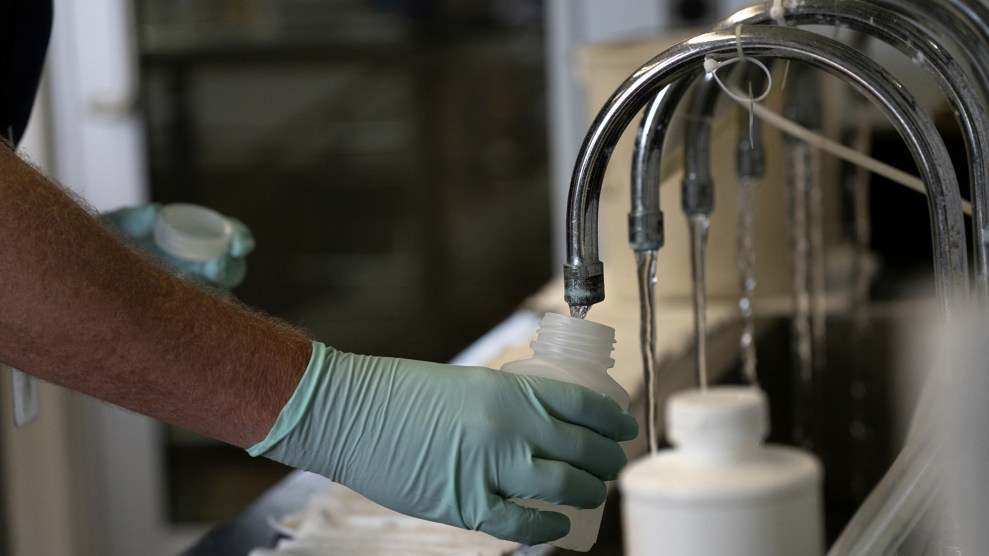Secrecy expert Steven Aftergood points out that the Washington Post ran a correction on Friday explaining that no, the CIA does not maintain a list of US citizens to kill. That’s apparently the job of the Joint Special Operations Command (JSOC). I emailed Aftergood to ask him how relevant the difference is. Here’s what he said:
As a policy matter, it hardly makes a difference which agency is pulling the trigger. But as a student of CIA operations and public perceptions of intelligence, I thought it was noteworthy that CIA was mistakenly accused in this case.
Fair enough—the CIA shouldn’t be wrongly accused of plotting to kill Americans. But the fact remains that the Obama administration claims the power to assassinate Americans without due process, and a hit list targeting American citizens apparently exists. That’s scary stuff.














